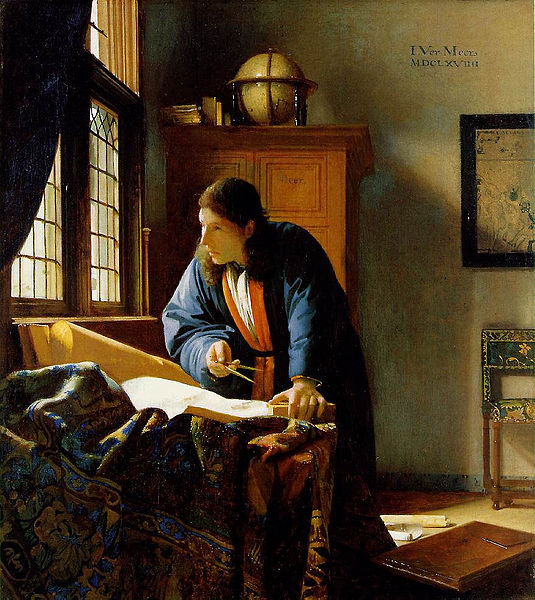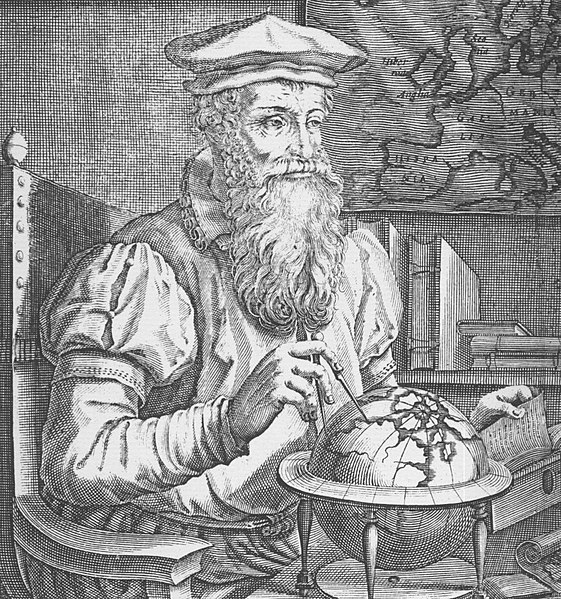Friedrich Wilhelm Heinrich Alexander von Humboldt was a German polymath, geographer, naturalist, explorer, and proponent of Romantic philosophy and science. He was the younger brother of the Prussian minister, philosopher, and linguist Wilhelm von Humboldt (1767–1835). Humboldt's quantitative work on botanical geography laid the foundation for the field of biogeography, while his advocacy of long-term systematic geophysical measurement pioneered modern geomagnetic and meteorological monitoring.
Portrait by Joseph Karl Stieler (1843)
Humboldt as a boy with his widowed mother, Maria Elisabeth (Colomb) von Humboldt
The Tegel Palace, Berlin, where Alexander and his brother Wilhelm lived for several years
Schiller, Wilhelm, and Alexander von Humboldt with Goethe in Jena
A geographer is a physical scientist, social scientist or humanist whose area of study is geography, the study of Earth's natural environment and human society, including how society and nature interacts. The Greek prefix "geo" means "earth" and the Greek suffix, "graphy", meaning "description", so a geographer is someone who studies the earth. The word "geography" is a Middle French word that is believed to have been first used in 1540.
The Geographer (1668-69), by Johannes Vermeer
Gerardus Mercator






